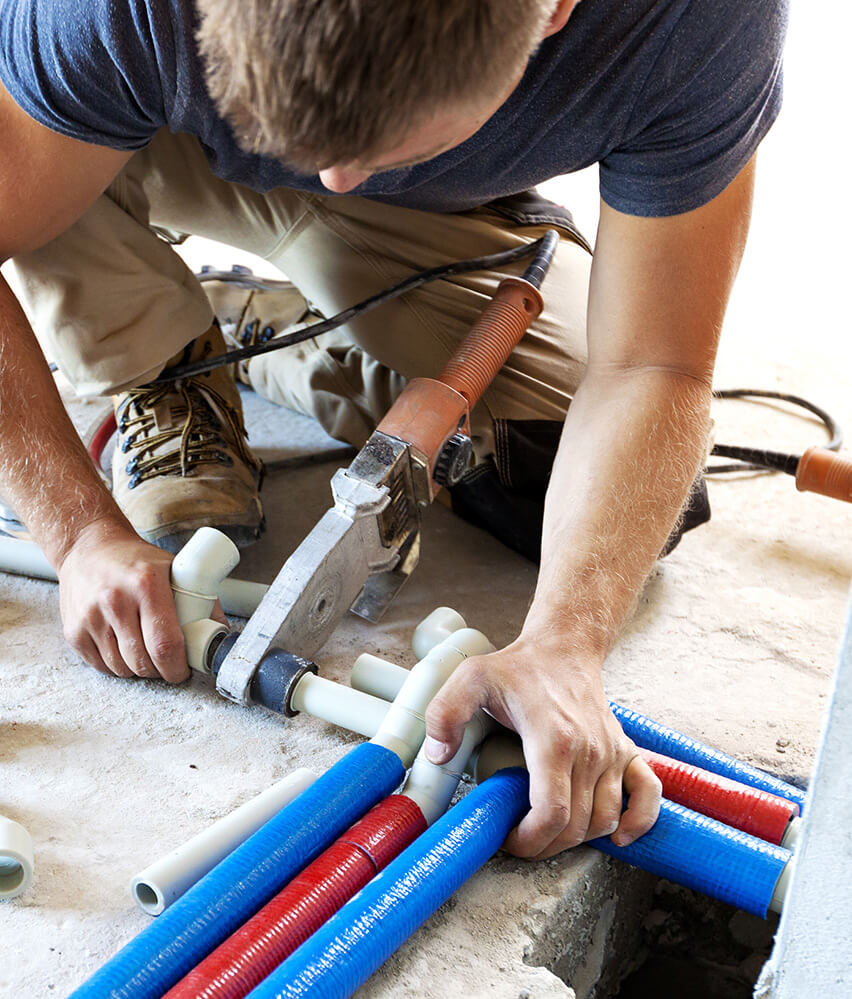Drainage FAQs: Professional Responses to Frequent Inquiries

Regarding maintaining a cozy home, plumbing problems can often be a cause of stress for homeowners. Be it a faucet that won’t stop dripping, a persistent blockage, or possibly a broken pipe, understanding how to handle these common problems can help you save precious moments, cash, and a significant amounts of trouble. In right here , we will examine some of the most frequently asked questions about plumbing, offering expert answers to help you manage the challenges that can arise in your home.
Starting with recognizing the right time to call a specialist to understanding ways to prevent issues that can keep your plumbing system running smoothly, we’ve got you covered. We’ll share essential tips on topics like how to prepare your plumbing for winter, the benefits of engaging a qualified plumber, and also information about the latest plumbing technology. Join us as we clarify plumbing issues and equip you with the knowledge to confront them confidently.
Frequent Pipe Problems
One of the largest plumbing issues homeowners face is faucets that leak. A constant drip can be irritating, not to mention expensive over time as water bills increase. The cause is often a worn-out washer or O-ring, which is an easy fix for most DIY enthusiasts. Simply stopping the water supply, taking apart the faucet, and putting in the faulty parts can restore proper function.
Another typical issue is obstructed drains. Kitchen sinks, bathroom sinks, and shower drains are particularly vulnerable to clogs due to grease, hair, and soap buildup. Regular care, such as utilizing drain strainers and steering clear of placing grease down the sink, can assist in avoiding these clogs. When issues happen, employing a plunger or a mixture of baking soda and vinegar can typically unblock minor clogs without the need for aggressive chemicals.
Finally, homeowners commonly deal with constantly running toilets, which can consume a significant amount of water. This issue frequently stems from a broken flapper valve or a malfunctioning fill valve. To resolve this, commence by checking the chain and flapper for proper alignment and fixing any damaged parts. This simple fix can lead to a more efficient toilet and reduce unnecessary water consumption.

Emergency Pipe Tips
When confronted with a pipe crisis, the initial step is to understand how to turn off your supply of water. Locate the main water shut-off valve in your house and ensure all household members are informed of its location. This can help you swiftly halt the flow of water in case of a burst pipe or severe leak, minimizing damage to your property. Familiarize yourself with the various turn-off valves for devices like the water heater, dish washing machine, and washing machine, as these can also assist control specific leaks.
In furthermore to understanding how to shut off the water, it's crucial to have a fundamental urgent tool kit. Necessities include a spanner, pliers, a bucket, and towels to control small leaks or clogs. Having a plunger on hand can be particularly useful for unblocking blocked toilets. Even if you consider confident in your DIY skills, don't wait to call a licensed plumber for significant issues or if you’re uncertain about how to proceed. Prompt response can prevent worsening problems down the line.
Recognizing potential indicators of plumbing crises can save you time and money. Look for unexpected increases in your utility bill, damp spots on walls or ceilings, or the sound of running water when no faucets are in use. Recognizing these signs early allows for swift intervention before issues worsen. If you’re experiencing low water pressure or have observed your fixtures are acting unusually, it’s best to contact a licensed expert to assess the situation promptly.
Pipe Maintenance & Improvements
Caring for your pipes is essential for guaranteeing its durability and efficiency. Regular checks can help spot potential issues before they grow into costly repairs. Simple tasks like inspecting pipes for leaks, cleaning faucet aerators, and examining the strainers in sink drains can go a long way. Homeowners should also think about scheduling expert inspections at least a minimum of once a year to catch problems that might not be visible during a brief glance.
Upgrading your plumbing fixtures can enhance your home's usability and aesthetics. Replacing this content and showerheads with modern, water-efficient models not just conserves water but can also significantly reduce utility bills. If you're thinking about renovating, this is the perfect opportunity to choose fixtures that showcase your style while enhancing water flow and pressure throughout your home.
Regular maintenance is equally important to prevent plumbing issues that arise from seasonal shifts. During colder months, insulating vulnerable pipes can prevent freezing, while a comprehensive spring inspection can help address any wear and tear from winter. Being proactive with plumbing upgrades and maintenance ensures a functional system all year round, providing homeowners peace of mind and reducing the likelihood of urgent repairs.
